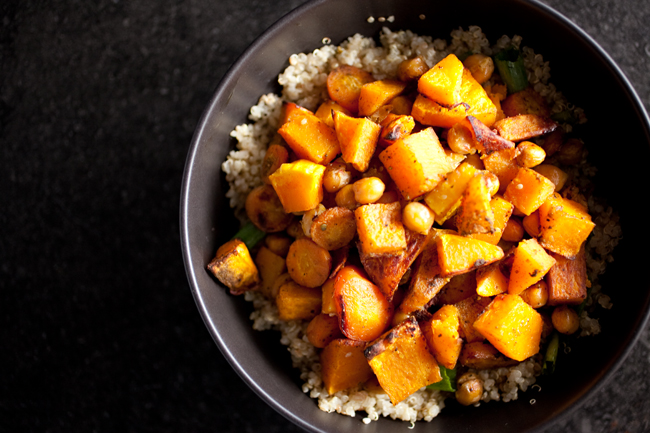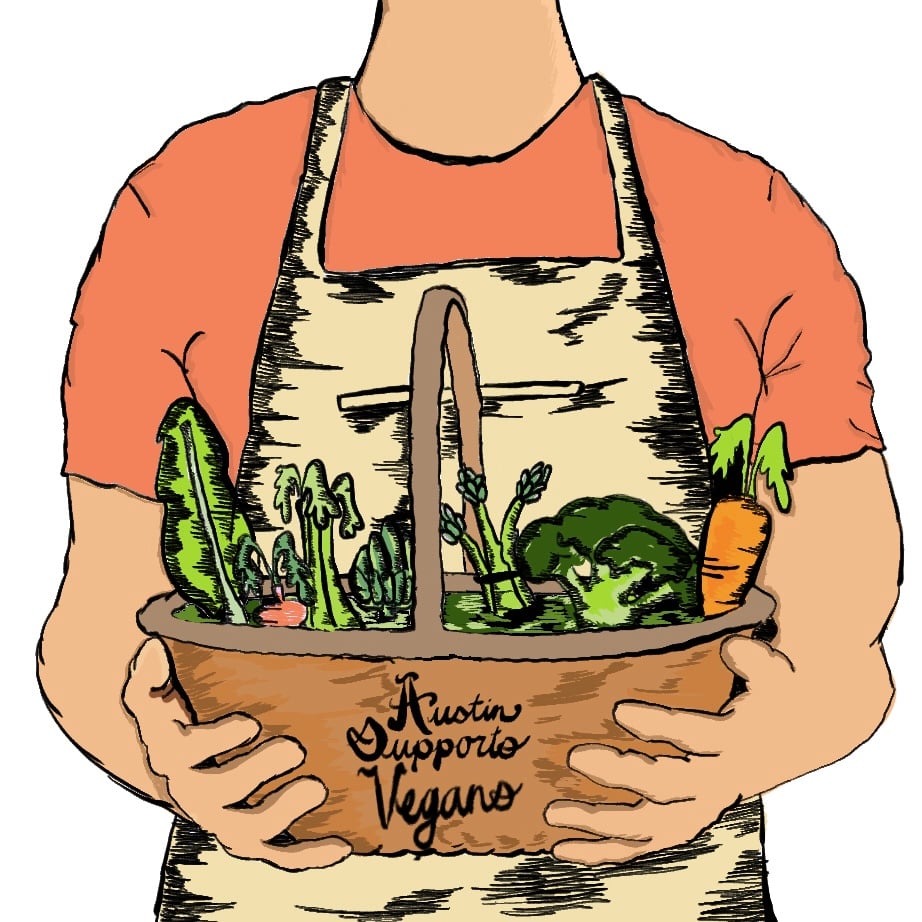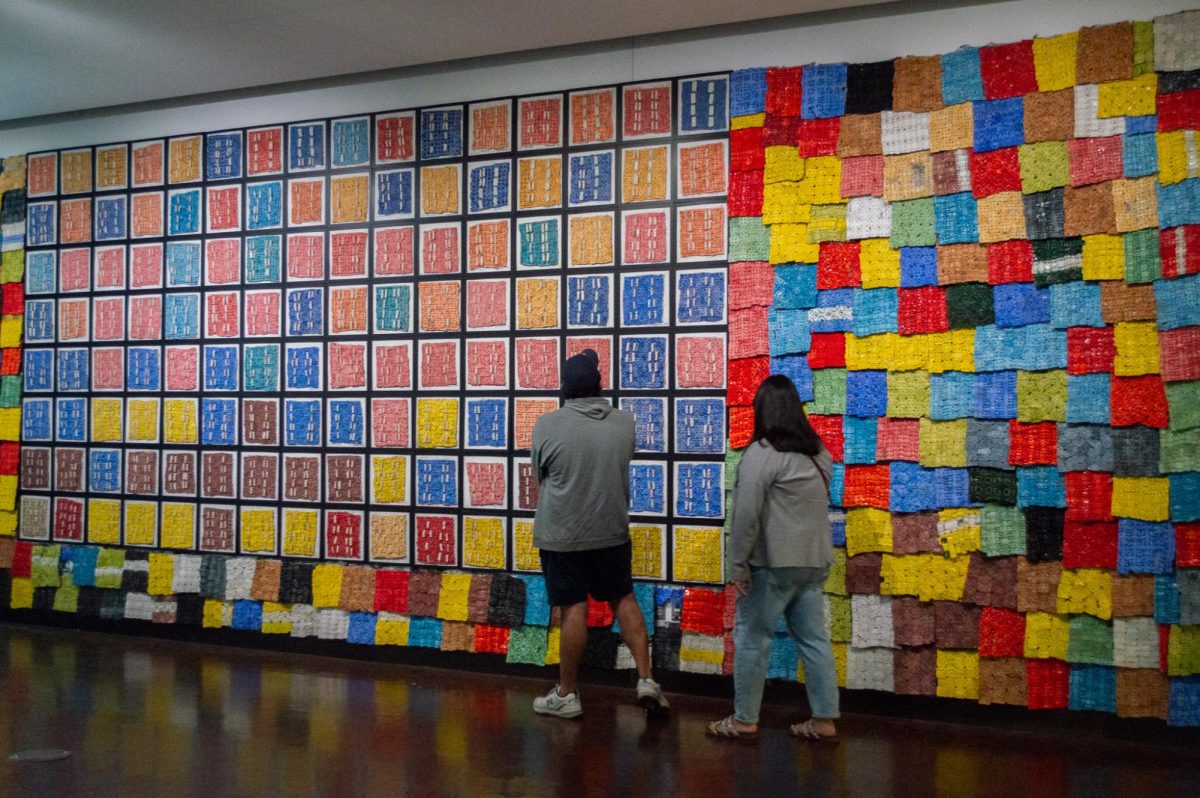Adding spices to a dish is the equivalent of a professor giving students extra credit just for showing up to class: It requires little-to-no effort and makes everything better.
Before stocking up and maintaining a spice collection, there are a few tips and tricks to keep in mind. Spices should be stored in airtight containers in dark, cool places and tossed out when their scent disappears — about a year at max for most dried herbs and spices. With the exception of pre-made spice blends, which are perfect for the beginner cook, avoid buying jars of individual spices.
Buying in bulk is economical because it makes it easier to pick an exact amount. Whole Foods, Central Market and H-E-B all have bulk spice sections where plastic bags are filled and weighed before purchase.
When cooking, keep in mind that fresh herbs will pack more of a punch than dried herbs. Fresh herbs, like most produce, aren’t always in season, and that makes their dried counterparts more useful. For both dried herbs and dried spices, you’ll only ever be operating on the teaspoon scale.
Even dishes that require minimal effort, such as dips and sauces, can be elevated by simple seasoning tricks. Simmering brings out the spices’ flavors more than garnishing the dish immediately before serving, so it’s crucial to stir in bay leaves or cumin near the beginning of the cooking process for dishes such as lentil and stews.
For the most boring of dishes — roasted vegetables, for instance — spice blends are a perfect, easy fix to really bring out flavor. One such magical and efficient spice blend is za’atar.
Za’atar, a Middle Eastern spice blend that has a base of sumac and sesame seeds, can transport you out of West Campus during your dining experience and make the most simple dishes into something everyone can enjoy.





















